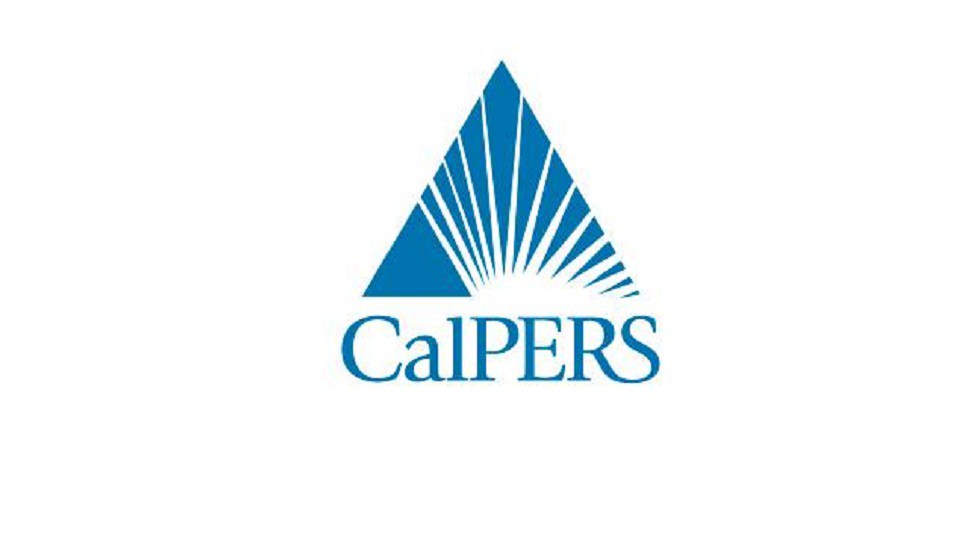CalPERS shared $3.4 billion in private equity profits over 25 years
CalPERS officials emphasized that private equity generated $24.2 billion in net profit for the state’s retirees over the 25-year period, a strong performance that they said more than makes up for the sector’s added risk, complexity and cost.
Last year, for instance, the private equity portfolio’s 8.9% return blew away the public stock portfolio, which returned an anemic 1%. During that time, the pension fund’s external partners realized $700 million in profit-sharing agreements.
CalPERS saw $24.2 billion in net gains from private equity from 1990 to June, 2015. “I commend our private equity team for their leadership of the program, and their help with the successful development and implementation of the PEARS system, which will allow us to more meaningfully examine information received from our external investment partners and has already increased the transparency of our program”.
Scrutiny to provide such detail on private-equity costs has escalated in recent months, as Calpers and other public pension funds look to reduce the number of outside managers they partner with and the investment profits they have to share with them.
NY City has told its fund managers that they risk getting kicked out of city’s pension portfolio if they don’t disclose all fees, both past and future.
Private-equity firms buy companies using money from pension funds and other investors, hoping to earn more in a sale or public offering later on. CalPERS defends those fees as worth it. Tuesday’s announcement comes after the launch of a new proprietary accounting system, called Private Equity Accounting and Reporting Solution (PEARS), that CalPERShas been building since 2011.
Private equity and its backers have been bracing for the CalPERS’ fee disclosure since the system said in July that it was coming.
Ninety-eight percent of the funds that work with CalPERS complied with the pension fund’s requests for carried interest. Total realized proceeds, meaning return of investment plus realized net gain, were $53.5 billion.
As the seventh-largest investor in private equity with roughly one percent of the total market, CalPERS has been under increasing pressure to track and disclose the costs of private equity.
The past three-year return on private equity was 14.1 percent; the five-year return was 14.4 percent; the 10-year return was 11.9 percent; the 20-year return was 12.3 percent; since 1990, private equity returned 11.1 percent.
In the face of the broader turmoil, the private-equity industry has been criticized for the lack of transparency over its fees.
“You should watch it very carefully going forward”, he said.








